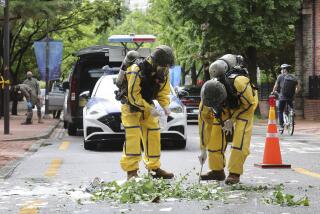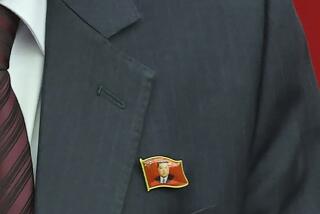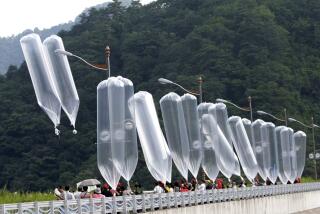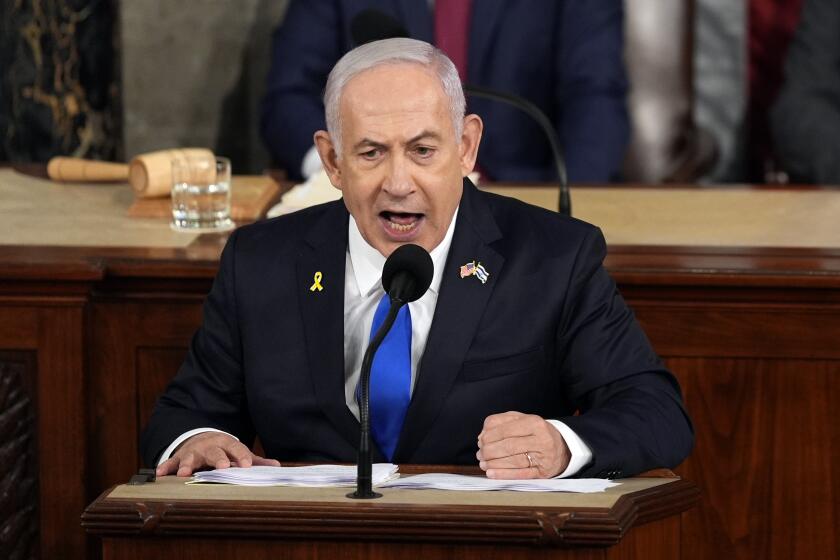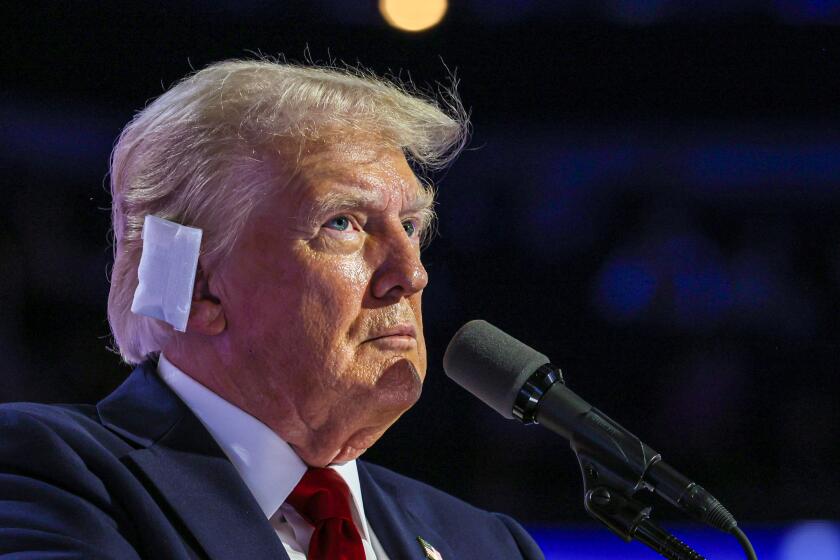Kim Jong Il: Road to ruin
The career of Kim Jong Il, North Korea’s “Dear Leader,” was marked by a series of historical firsts — most of them dubious at best. He was, to begin, the first ruler of a Marxist-Leninist state to inherit absolute power through hereditary succession from his father, “Great Leader” Kim Il Sung, founder of the Democratic People’s Republic of Korea, or DPRK.
He was also the first ruler of an urbanized, literate society to preside over a mass famine in peacetime: The Great North Korean Famine of the 1990s, which erupted shortly after his father’s death, is believed to have killed hundreds of thousands of his subjects, and perhaps more. (Outsiders cannot know the precise toll; that figure remains a state secret.)
Since the very late 1990s, when North Korea’s famine apparently subsided, the food situation in the country has remained desperately precarious: Resumption of famine has been forestalled only by humanitarian food aid, Western economic assistance and Chinese largesse. Thus Kim Jong Il also earned the lifetime achievement award for overseeing the first industrialized economy ever to lose the capacity to feed itself.
PHOTOS: Kim Jong Il | 1942-2011
Kim Jong Il was nothing less than an economic catastrophe for North Korea. His political ascent, in fact, tracks almost precisely with that ill-fated nation’s shift to economic stagnation and then its frightening free-fall into abject mass misery.
Hard as this may be for young people to believe (or for older folks to remember), North Korea’s economy was actually ahead of South Korea’s in the 1960s and early 1970s. That was before Kim Jong Il tried his hand at policy. But by the late 1970s the “Party Center” (as he was first mysteriously identified in DPRK media) was a rising influence — and by the early 1980s, the Dear Leader, who had made his public debut in 1980, was in charge of day-to-day domestic policy. By then, it was already painfully obvious that the North was lagging badly behind the South, with the gap widening with every passing year.
With the death of his father in 1994, Kim Jong Il assumed total control. In 1995, as South Korea was getting ready to join the Organization for Economic Cooperation and Development — the exclusive club of aid-giving industrial democracies — North Korea joined the club of Fourth World countries issuing emergency appeals for famine aid.
Kim Jong Il did not immiserate his country in a fit of absent-mindedness. Quite the contrary: It was a direct but incidental consequence of a grand strategy he relentlessly pursued.
His father, the Great Leader, may have been a monster — it was he who launched the Korean War and perfected the North Korean police-terror state, among other things — but he nevertheless retained a measure of peasant cunning and pragmatism: Kim Il Sung recognized that people would work harder and better if you paid them more, for example, and he wrote as much in his collected “Works.”
The Dear Leader, by contrast, would have none of this. In his ideologized worldview, granting North Korean workers material incentives and blandishments would risk fueling “egotism” and “bourgeois thinking” — potentially lethal afflictions for North Korea’s pristine socialist system. From Kim Jong Il’s standpoint, the survival of the juche (self-reliance) state depended on extirpating — or better yet, completely preventing — any such noxious attitudes in the population under his command.
“Reform” and “opening,” he proclaimed, were regime slayers for socialist states.
Rather than face such hazards, he was perfectly content to pay the price of long-term economic decline for his near-hermetic socialist fortress — financing such foreign bills as absolutely could not be avoided for the survival of the system through a combination of aid-maximizing gambits, international military extortion and overseas criminal operations (drug running, counterfeiting, insurance fraud and the like).
This is the vaunted “strong and prosperous nation” that the Dear Leader has bequeathed to his legatees: a ruined country, an enslaved and degraded populace, a corrupted and parasitic elite, a bankrupt ideology and an atomic weapons program.
The heir apparent to this family enterprise, “Young General” Kim Jong Un, is a four-star general with no previous military experience, appointed in haste to a pantheon of lofty positions before his father died but after the Dear Leader was stricken, reportedly by a massive stroke. There is every reason, unfortunately, to fear that the Young General will not be up to the multiple critical challenges he now faces.
And every reason for our policymakers to be ready to play for keeps with North Korea. The Obama administration has done a creditable job these last three years of avoiding unforced errors in its dealings with Pyongyang — but a much bolder vision may be required if we are to protect our national interests and promote our national security in the unpredictable times that may lie immediately ahead.
Nicholas Eberstadt is a scholar at the American Enterprise Institute in Washington. His many books on Korean affairs include “The North Korean Economy: Between Crisis and Catastrophe.”
More to Read
A cure for the common opinion
Get thought-provoking perspectives with our weekly newsletter.
You may occasionally receive promotional content from the Los Angeles Times.
